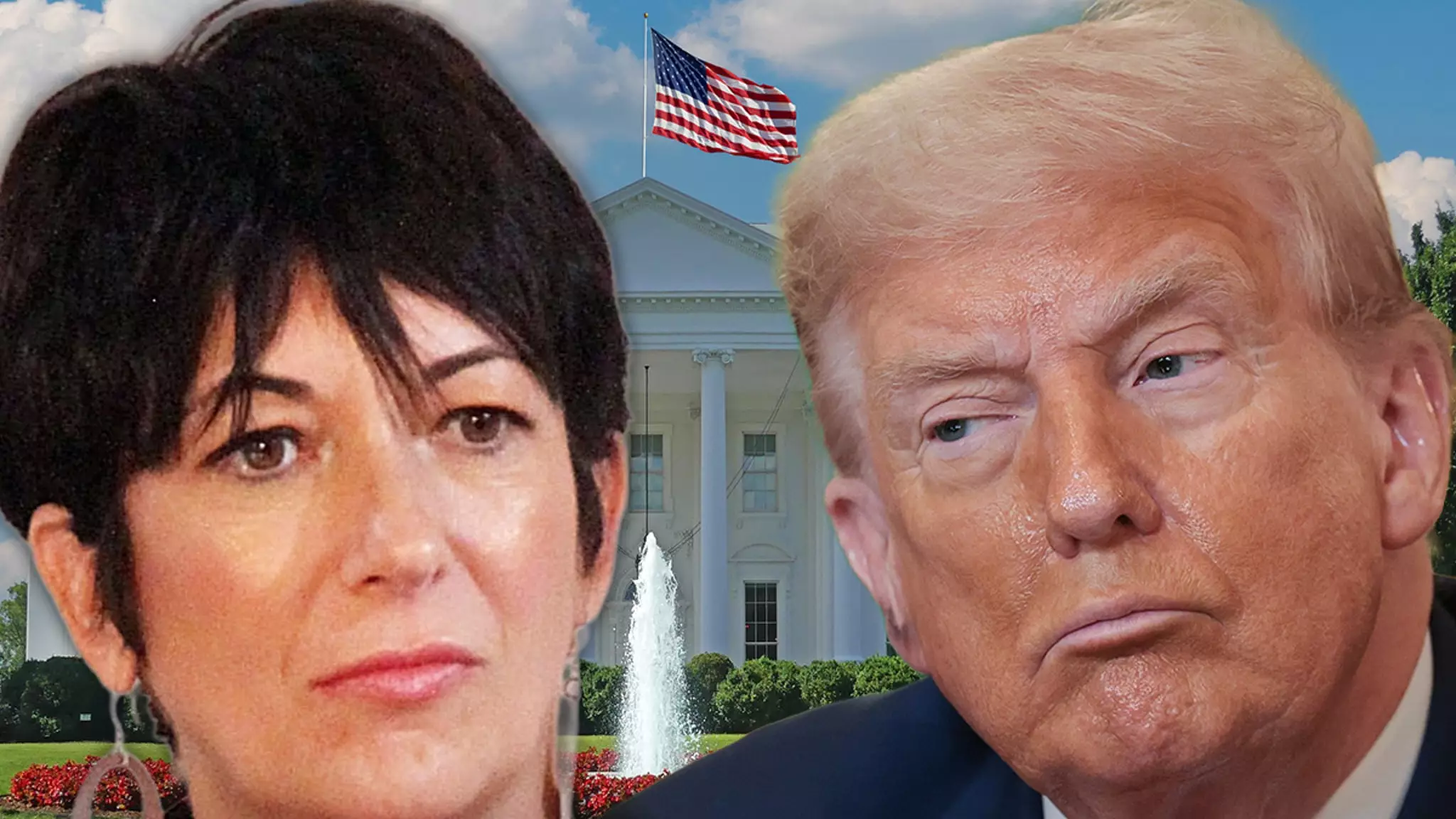Ghislaine Maxwell, a figure synonymous with controversy and scandal, remains hopeful that a potential presidential pardon might someday absolve her from her criminal convictions. Her aspiration stems from a belief—albeit a slim one—that political tides could turn, especially given her long-standing connections to influential circles. Maxwell’s plea for clemency becomes more than just personal; it symbolizes a broader frustration with perceived injustices and a desire for redemption in a system that often seems opaque and unpredictable. Her hope hinges on political goodwill, yet her reality is starkly different. Sources close to the current administration dismiss any chances out of hand, emphasizing that there are no ongoing talks or considerations regarding her release. The clear message from the White House? Maxwell’s fate is sealed, not by justice, but by the political and legal realities she faces daily.
The Public Outcry and the Myth of Accountability
Recent revelations surrounding Jeffrey Epstein’s case have ignited fury among the public, igniting questions about the true scope of justice. After the DOJ’s controversial statement denying the existence of an “Epstein client list,” many citizens have felt betrayed. They demand accountability—not just for Epstein, but also for those who might have played a role in his network. Maxwell, painted as a key accomplice, sits in prison, yet her supporters argue that she is being used as a scapegoat, a convenient symbol to deflect broader culpability. The outrage is fueled by a widely-held belief that powerful figures in Hollywood and politics might have been protected or shielded from justice, and Maxwell’s incarceration is seen by some as a miscarriage of justice. Her attempt to challenge her conviction before the Supreme Court underscores her desperation to overturn what many perceive as a flawed and incomplete narrative.
The Complex Web of Relationships and the Myth of Immunity
One of the most intriguing and controversial aspects of Maxwell’s case is her association with Jeffrey Epstein, a man whose network allegedly included some of the most influential people in the world. Given President Trump’s known friendship with Epstein, an aura of possibility hangs over any potential pardon for Maxwell. Would a figure with such close ties to the former president consider intervening? The consensus from White House insiders is clear: no. Despite speculation and Maxwell’s hopes, a pardon remains an impossibility as far as the current administration is concerned. This underscores a profound reality: political connections are hardly guarantees of immunity, especially when public sentiment is so vehement about holding individuals accountable. Maxwell’s legal battles highlight not only her own predicament but also the wider failure of justice to address the complicity of powerful elites—an uncomfortable truth that no executive can easily ignore. Her appeal to the Supreme Court signifies her unyielding belief that the legal system might still serve as her salvation in a world rife with injustice and selective accountability.

